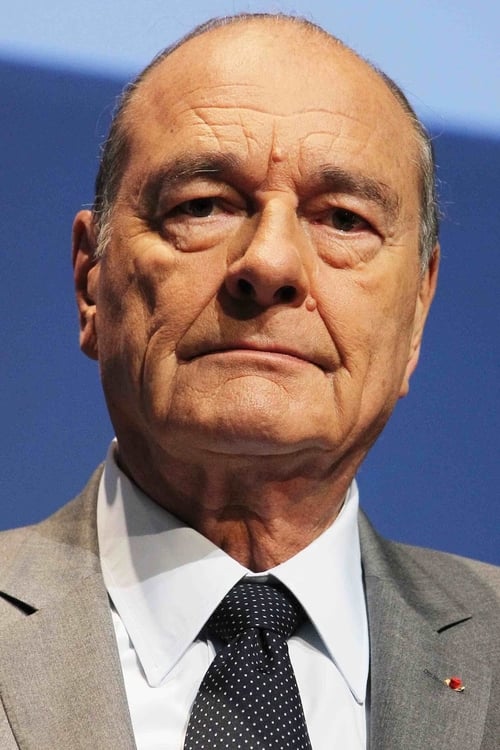
Jacques Chirac
Birth : 1932-11-29, Paris, France
Death : 2019-09-26
History
Jacques René Chirac (29 November 1932 – 26 September 2019) was a French politician who served as President of France from 1995 to 2007. Chirac was previously Prime Minister of France from 1974 to 1976 and from 1986 to 1988, as well as the Mayor of Paris from 1977 to 1995.
After attending the École nationale d'administration, Chirac began his career as a high-level civil servant, entering politics shortly thereafter. Chirac occupied various senior positions, including Minister of Agriculture and Minister of the Interior. In 1981 and 1988, he unsuccessfully ran for President as the standard-bearer for the conservative Gaullist party Rally for the Republic. Chirac's internal policies initially included lower tax rates, the removal of price controls, strong punishment for crime and terrorism, and business privatisation. After pursuing these policies in his second term as Prime Minister, he changed his views. He argued for different economic policies and was elected president in the 1995 presidential election with 52.6% of the vote in the second round, beating Socialist Lionel Jospin, after campaigning on a platform of healing the "social rift" (fracture sociale). Then, Chirac's economic policies, based on dirigisme, allowing for state-directed investment, stood in opposition to the laissez-faire policies of the United Kingdom under the ministries of Margaret Thatcher and John Major, which Chirac described as "Anglo-Saxon ultraliberalism".
He was also known for his stand against the American-led invasion of Iraq, his recognition of the collaborationist French Government's role in deporting Jews, and his reduction of the presidential term from 7 years to 5 through a referendum in 2000. At the 2002 French presidential election, he won 82.2% of the vote in the second round against the far-right candidate, Jean-Marie Le Pen. During his second term, however, he had a very low approval rating and was considered one of the least popular presidents in modern French political history.
In 2011, the Paris court declared Chirac guilty of diverting public funds and abusing public confidence, giving him a two-year suspended prison sentence.
Jacques René Chirac was born on 29 November 1932 in the 5th arrondissement of Paris. He was the son of Abel François Marie Chirac (1898–1968), a successful executive for an aircraft company, and Marie-Louise Valette (1902–1973), a housewife. His grandparents were all teachers from Sainte-Féréole in Corrèze. His great-grandparents on both sides were peasants in the rural south-western region of the Corrèze.
According to Chirac, his name "originates from the langue d'oc, that of the troubadours, therefore that of poetry". He was a Catholic.
Chirac was an only child (his elder sister, Jacqueline, died in infancy nearly ten years before his birth). He was educated in Paris at the Cours Hattemer, a private school. He then attended the Lycée Carnot and the Lycée Louis-le-Grand. After his baccalauréat, behind his father's back he went off to serve for three months as a sailor on a coal-transport.
Chirac played rugby union for Brive's youth team, and also played at university level. He played no. 8 and second row. At age 18, his ambition was to become a ship's captain. ...
Source: Article "Jacques Chirac" from Wikipedia in English, licensed under CC-BY-SA 3.0.
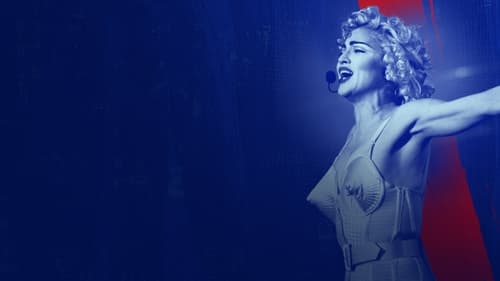
Self (archive footage)
France is at the heart of Madonna's life. She is inspired by French culture and its values and has surrounded herself with French artists for many years. To celebrate the 40th anniversary of the Queen of Pop's career, this film revisits the close and unique bond between Madonna and France and features testimonials from close collaborators and French friends who have helped create her unique artistic universe: Maripol, Jean Paul Gaultier, Julien d'Ys, Nicolas Huchard, and Marion Motin. Today's artists such as Florence Foresti, Leïla Slimani, Victor Weinsanto and HollySiz talk about the influence of this emancipating figure, which extends far beyond music.
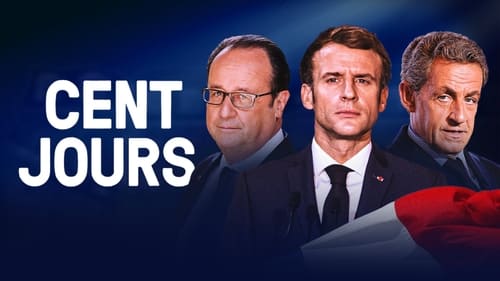
Self
From the first minutes after his inauguration, the newly elected president wants to translate his promises and his campaign project into action. "Change is now", "Change life", "Together everything becomes possible": all campaign slogans promising a break with the past, a change. The first few months were decisive: it was a matter of making a mark, asserting one's style, imposing one's authority and taking the first measures, those that would make a mark on public opinion and set the first lines of the political narrative in history. From 1959 to 2017, the eight successive presidents have acted without delay. Thanks to the many witnesses and actors of these first hundred days, the film retraces the stakes and decisive moments that marked the beginning of each mandate.
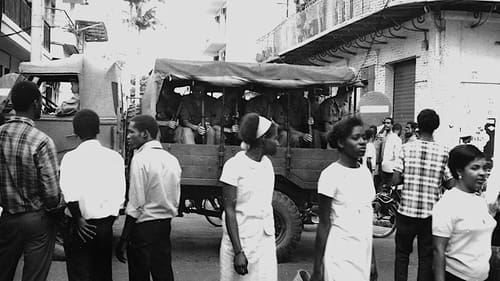
Self (archive footage)
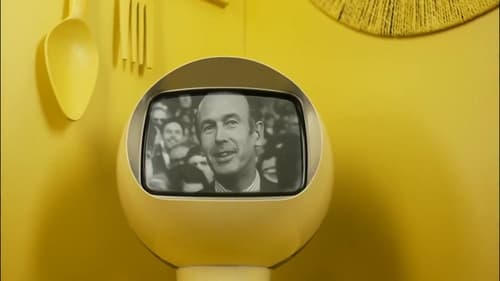
Self (archive footage)
In May 1974, Valéry Giscard d'Estaing became President of the Republic and wanted to bring about a new era of modernity. One of his first decisions was to break up the ORTF with the creation of three new television channels: TF1, Antenne 2 and FR3. Three new public channels but autonomous and competing. It is a race for the audience which is engaged then, and from now on the channels will make the war! This competition will give birth to a real golden age for television programs, with variety shows in the forefront. The stars of the song are going to invade the living rooms of the French for their biggest pleasure. This unedited documentary tells the story of the metamorphosis of this television of the early 1970s, between freedom of tone, scandals, political intrigues and programs that have become mythical.
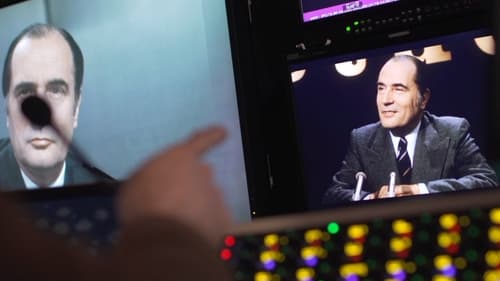
Self (archive footage)
May 10th, 1981. François Mitterrand is elected President of the Republic. The “soviet tanks” supposedly coming upon the Champs-Élysées dressed in red, feared by some, did not march. Serge Moati takes a personal look at this episode, focusing on the relationship the president had with television, that he witnessed and played a role in.
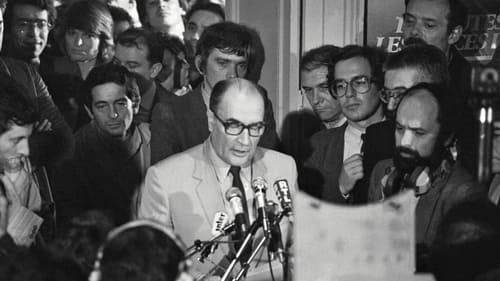
Self (archive footage)
Fourty years ago, in May 1981, with François Mitterrand's election, some people were letting themselves dream about a better life while others were predicting the coming of soviet tanks upon the Champs-Élysées. If we gladly remember the turning point of austerity in 83, there were also the wage rises, the fifth week of paid leave, the abolition of death penalty, the decriminalisation of homosexuality, or the advent of independent radio stations. Rare archives and accounts by those who were at the heart of this story give an overview of it and shed light on lesser-known aspects.
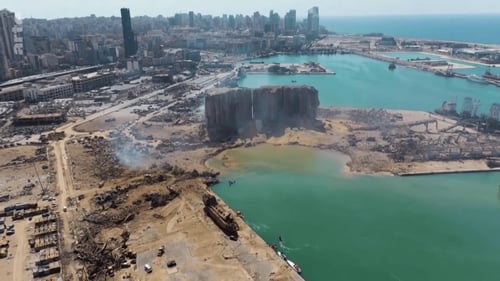
Self - Politician (archive footage)
The apocalyptic blast in the Port of Beirut, Lebanon, on August 4, 2020, exacerbates anger at those in power: protests cross religious boundaries as the Lebanese people curse corruption, nepotism, gross economic mismanagement and squandering of resources. How did the Land of Cedars, a country with so much to offer, allow itself to get into such a dire situation? And will it be able to bounce back?
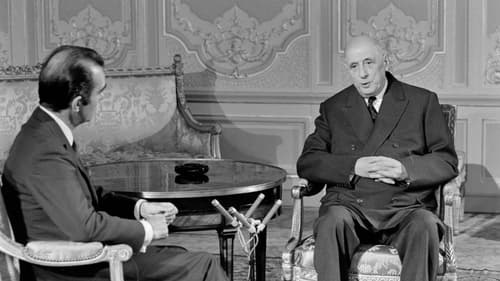
Self (archive footage)

Self (archive footage)
Two journalists born in the mid '80s decide to take a look back at how their country changed in the last 30 years since the fall of communism. The end product is a documentary containing footage of political events and historical milestones significant to Romania accompanied by a narrator's voice walking the viewer through the events, and also interviews with Romanian politicians and other influential public figures sharing their thoughts and their different views on those events.
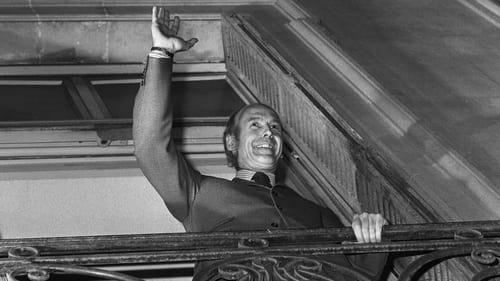
Self (archive footage)

Self (archive footage)
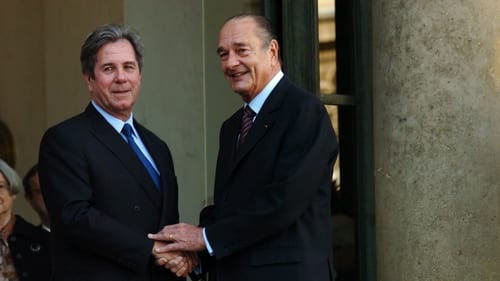
Self (archive footage)
At the close of Jacques Chirac's life, politician Jean-Louis Debré has wished to make a film to celebrate his friend, to tell the story of their friendship and professional understanding, and to make an intimate portrait of the former President of France through the accounts of a few very close friends. Thanks to Jean-Louis Debré's presence, Claude Chirac and some of Jacques Chirac's closest friends, famous or unknown, agreed to talk to the camera, sometimes for the first time, to evoke their untold-before memories and tell about the moments that bonded the two men for a lifetime.

Self
French soccer fans, celebrities and athletes retrace the exhilarating events of July 12, 1998, as France earned a historic win in the World Cup final.

Self (archive footage)
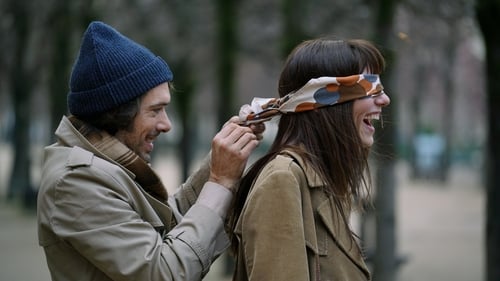
Self (archive footage)
How did Sarah and Victor get along for more than 45 years? Who was this enigmatic woman living in the shadow of her husband? Love, ambition, betrayals and secrets feed the story of this extraordinary couple, as they experience both the large and small moments of the last century's history.
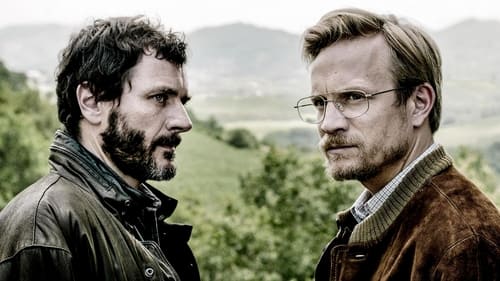
Self - Politician (archive footage)
In the mid-1980s, the GAL, a Spanish paramilitary group, pursues and assassinates members of the terrorist gang ETA who have taken refuge in the sanctuary they have created in the south of France. Grégoire Fortin, advisor to the French Minister of Justice, and Domingo 'Txomin' Iturbe, leader of ETA, are forced to negotiate in order to find a solution to the violence that plagues the region.

Self
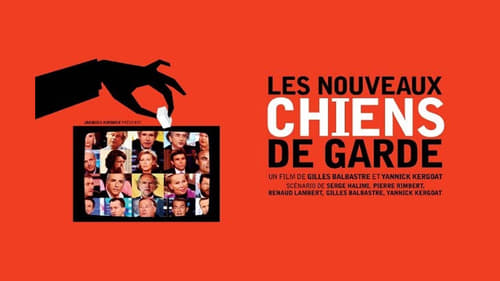
Self
In 1932, the writer Paul Nizan published "The New Watchdogs" to denounce the philosophers and writers of his time who, sheltering behind intellectual neutrality, imposed themselves as true watchdogs of the established order. Today the watchdogs are journalists, editors, and media experts who've openly become market evangelists and guardians of the social order. In a sardonic manner, "The New Watchdogs" denounces this press that, claiming to be independent, objective and pluralist, makes out it is a democratic force of opposition. With forcefulness and precision, the film puts its finger on the increasing danger of information produced by the major industrial groups of the Paris Stock Exchange and perverted into merchandise.
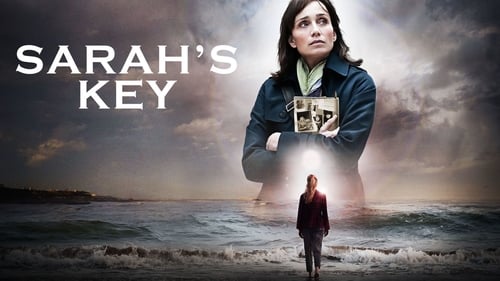
Self (archive footage) (uncredited)
On the night of 16 July 1942, ten year old Sarah and her parents are being arrested and transported to the Velodrome d'Hiver in Paris where thousands of other jews are being sent to get deported. Sarah however managed to lock her little brother in a closet just before the police entered their apartment. Sixty years later, Julia Jarmond, an American journalist in Paris, gets the assignment to write an article about this raid, a black page in the history of France. She starts digging archives and through Sarah's file discovers a well kept secret about her own in-laws.

Self (archive footage)
For ten years, Raymond Depardon has followed the lives of farmer living in the mountain ranges. He allows us to enter their farms with astounding naturalness. This moving film speaks, with great serenity, of our roots and of the future of the people who work on the land. This the last part of Depardon's triptych "Profils paysans" about what it is like to be a farmer today in an isolated highland area in France. "La vie moderne" examines what has become of the persons he has followed for ten years, while featuring younger people who try to farm or raise cattle or poultry, come hell or high water.

Self (archive footage)

Self (archive footage)
Faced with President François Mitterrand, Jacques Chirac embodied the opposition. In 1986, the right won the legislative elections and he became Prime Minister. After two years of tough cohabitation, François Mitterrand was re-elected in 1988. After a moment of despondency, the Chirac machine started up again. During the referendum on Maastricht, he took a position for the "yes", against the vast majority of his party. In March 1993, the opposition led by Chirac won a crushing victory. Edouard Balladur became Prime Minister. In 1995, Jacques Chirac was elected President of the Republic: thirty years of political life found their fulfillment.

Self (archive footage)
Since 1967, Jacques Chirac has appeared everyday on television : millions of hours of automatic gestures, jerky speeches and feverish cavalcades. This mockumentary is based on archival footage and told at the first person (the voice of the French president is provided by imitator Didier Gustin). The main comic effect comes from the contradictions between the various speeches of the French President. The title comes from the title of the French-language version of Being John Malkovich.

Self
"Deep shit : listen in life chance only comes once, unless you’re lucky : then it can come twice. But for you it will only come once. So, you must chat to Kate the Amercain, where is she ?"
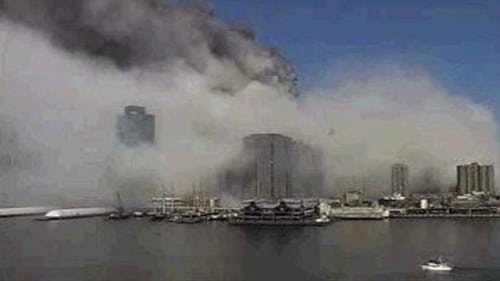
Self (archive footage)
This film attempts to correct the record when it comes to the left's attacks on President Bush, 9/11 and the war in Iraq and Kerry's 20-year tenure in the Senate.

Self
A woman with indiginous roots in her 40s goes on a trip into her past: When she was four years old she had been taken away from her mother by the canadian authorities, like many others. This is her very sad story as an example for many others.
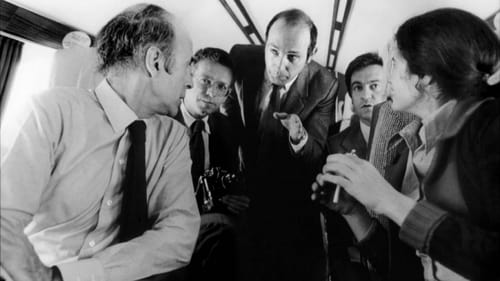
Self
Following the 1974 French presidential campaign with Valery Gicard d'Estaing
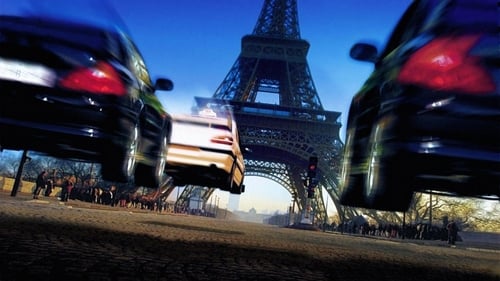
Self (archive footage) (uncredited)
A cabdriver and a cop race to Paris to rescue a love interest and the Japanese minister of defense from kidnappers.

Self
Not your usual film biography, A Conversation With Gregory Peck (2000) goes on-the-road and behind-the-scenes with Gregory Peck and his one man show. The actor's traveling program features question and answer sessions with the American icon and allows the actor to reminisce about his career.

Thanks

Self
Supermodel and actress Margaux Hemingway travels to Europe to learn more about the life of her famous grandfather, Ernest Hemingway, and discovers parallels between his self-destructive nature and her own.
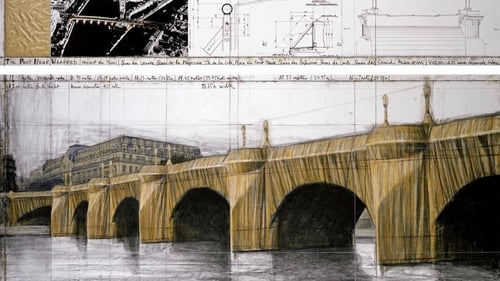
Self
Documentary about conceptual artist Christo and his wife Jeanne-Claude's attempt to "wrap" the Pont-Neuf in Paris.

Self
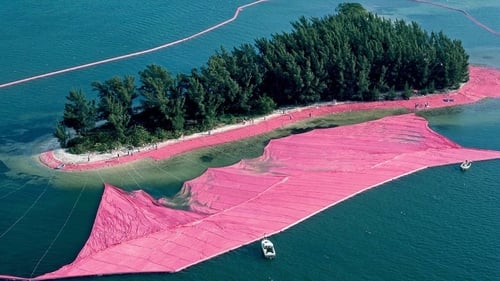
Self
The Maysles' third film about the artists sees them trying to get three projects off the ground: wrapping the Pont Neuf, the oldest bridge in Paris; wrapping the Reichstag; and surrounding eleven man-made islands in Florida with pink plastic sheets. As the latter is the only one that gets approval, it gets the bulk of this film.

Self
The co-founder of the Gamma press agency, Raymond Depardon, created this documentary of press photographers in Paris and their subjects by following the photographers around for one month, in October, 1980. In-between long hours waiting for a celebrity to emerge from a restaurant or a hotel, boredom immediately switches to fast action as the cameras click and roll when the person appears. The reaction to the gaggle of photographers is as varied as the people they often literally chase all around town. While some of the celebrities, such as Jacques Chirac who was mayor of Paris at the time, are perceived as comical caricatures, others are shown simply going about ordinary pursuits - including Catherine Deneuve, Gene Kelly, and Jean-Luc Godard.



























